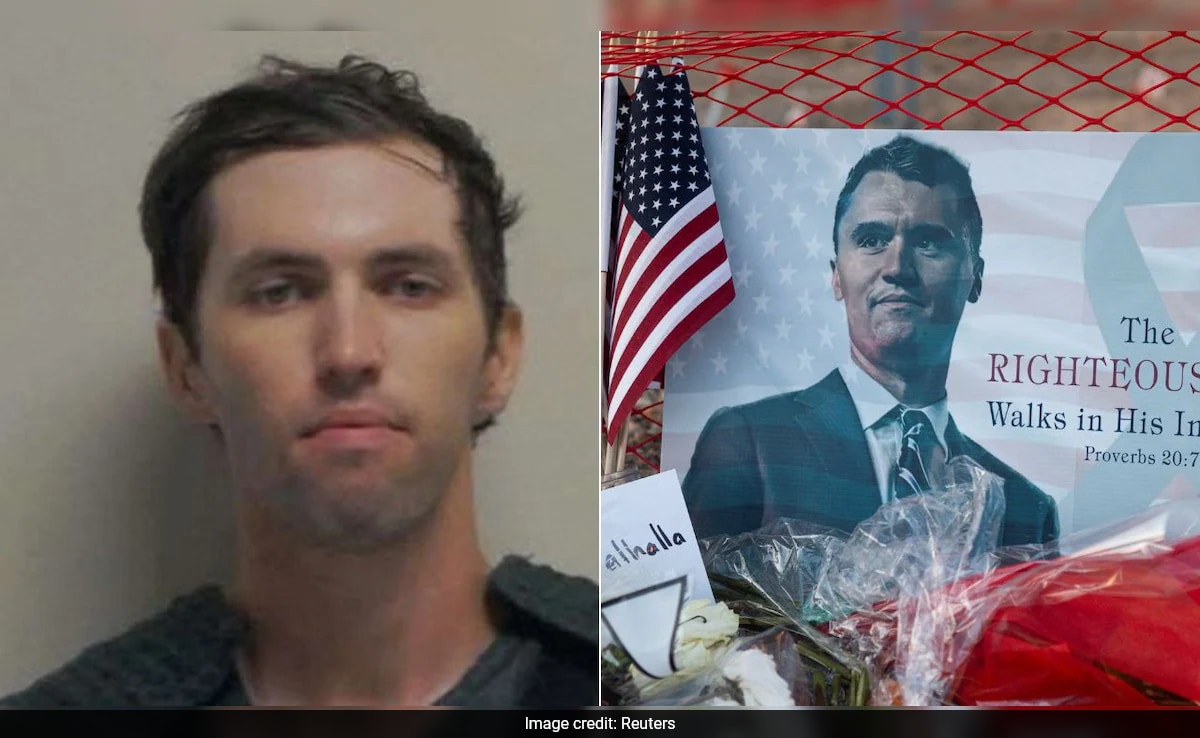“Dozens of attackers have been eliminated, their identities are being established,” said spokesperson Saltanat Azirbek, according to Russian news agency Interfax.
The deadly turn into the demonstration’s fifth day comes as the Central Asian country of about 19 million braces for the entrance of “peacekeepers" from a Russian-led military alliance, hours after a regional leader answered beleaguered Kazakh President Kassym-Jomart Tokayev’s appeal for support. Almaty police have warned residents not to leave their homes as an “anti-terrorism operation” is underway.
Armenia’s Prime Minister Nikol Pashinyan, who chairs a council within the Collective Security Treaty Organization, a group of post-Soviet states, said on Facebook that an unspecified number of troops would be sent to the Central Asian nation “for a limited time period” to “stabilize and resolve the situation.”
The CSTO said forces from Russia, Belarus, Armenia, Tajikistan and Kyrgyzstan would be deployed to Kazakhstan, with the primary goal of protecting state and military facilities. Moscow also sent paratroopers, the organization said, and some Russian peacekeepers are already on the ground.
More than 1,000 people have been injured in the protests, Kazakhstan’s health ministry said Thursday. Four hundred of those are hospitalized, with 62 in intensive care, the ministry said.
Kazakhstan’s Internet was blacked out Thursday, with national banking services reportedly suspended.
Demonstrations that started over the weekend in Kazakhstan’s oil-rich western region over high energy prices spilled over elsewhere, including into Almaty. Protesters stormed government buildings and briefly took over the Almaty airport. Part of their anger appeared to be aimed at Nursultan Nazarbayev, the country’s authoritarian former president, who continues to exert significant power behind the scenes under the official title of “father of the nation.”
Nazarbayev, who ruled for nearly three decades before stepping down in 2019, has not been seen or heard from this week. On Wednesday, a statue of Nazarbayev in Taldykorgan, near Almaty, was pulled down and demolished by protesters. At rallies across the nation, people chanted: “Old man, go away!”
“Grievances have been accumulating over years, and with Nazarbayev’s resignation in 2019, people felt the promise of change and started pushing for change in various ways,” said Nargis Kassenova, a Central Asia expert at Harvard University, adding that there were references to a “Kazakh Spring.”
How the demonstrations “are and will be perceived by the political elites ... will define the trajectory” for Nazarbayev, said Kassenova, adding that he remains “central for the system.”
Tokayev’s government quickly restored price caps on liquefied petroleum gas, which powers most vehicles in the country’s west. He also removed Nazarbayev as head of the country’s powerful National Security Council and declared a two-week state of emergency for the entire country. In a televised speech Wednesday, Tokayev accused foreign-funded “terrorist bands” of stoking unrest, but did not offer evidence or specify what countries were behind the purported plot.
A near-complete Internet blackout that started midday Wednesday persisted into Thursday morning, according to NetBlocks, the global Internet monitor. Access was partially restored during Tokayev’s televised speech, but the disruption returned shortly after.
Tass, the Russian news agency, reported early Thursday that the stock exchange and almost all banks in Kazakhstan would temporarily halt operations.
Kazakhstan is Central Asia’s wealthiest and No. 2 most populous country, and the widespread unrest — along with the potential entrance of Russia-linked forces — stirred concerns in regional capitals and Washington.
Kazakhstan hosts the Baikonur Cosmodrome, a rocket launch complex leased to Russia. About a fifth of Kazakhstan’s population are ethnic Russians, and Moscow has in the past deployed peacekeepers to countries that President Vladimir Putin fears are slipping out of his political orbit. Leaders in Georgia, Moldova and Ukraine have previously complained that such troops prop up pro-Russian separatist forces.
State Department spokesman Ned Price called on all parties to resolve the situation peacefully.
“We condemn the acts of violence and destruction of property and call for restraint by both the authorities and protestors,” he said in a statement. “We ask for all Kazakhstanis to respect and defend constitutional institutions, human rights, and media freedom, including through the restoration of internet service.”
The public anger against Kazakhstan’s leaders is also likely to be a headache for China, which shares a land border with the country. Beijing has ramped up investment in the Kazakh energy sector as part of its ambitious Belt and Road Initiative. The American Enterprise Institute, a center-right think tank, estimates that Chinese investment and construction projects in Kazakhstan between 2005 and 2021 totaled more than $34 billion.
China and Kazakhstan celebrated 30 years of diplomatic ties Monday, with Chinese President Xi Jinping sending a congratulatory message to Nazarbayev and Tokayev. Xi called the former an “old friend,” according to Chinese state documents, and said he wanted to collaborate with the two leaders to expand strategic ties between their countries.
Hu Xijin, an influential Chinese nationalist commentator, said the unrest in Kazakhstan resembles a “color revolution,” referencing the massive protests in Ukraine and Georgia in the early 2000s that toppled pro-Russian leaders.
“The trigger [for the protests] is worsening economic and living conditions. This is where the West wants to strike to destabilize Russia and China,” Hu wrote on social media, without offering evidence. “Russia and China will not allow America and the West push Kazakhstan to the abyss of prolonged turmoil.”
Read more:
.png)











 English (United States) ·
English (United States) ·  Turkish (Turkey) ·
Turkish (Turkey) ·